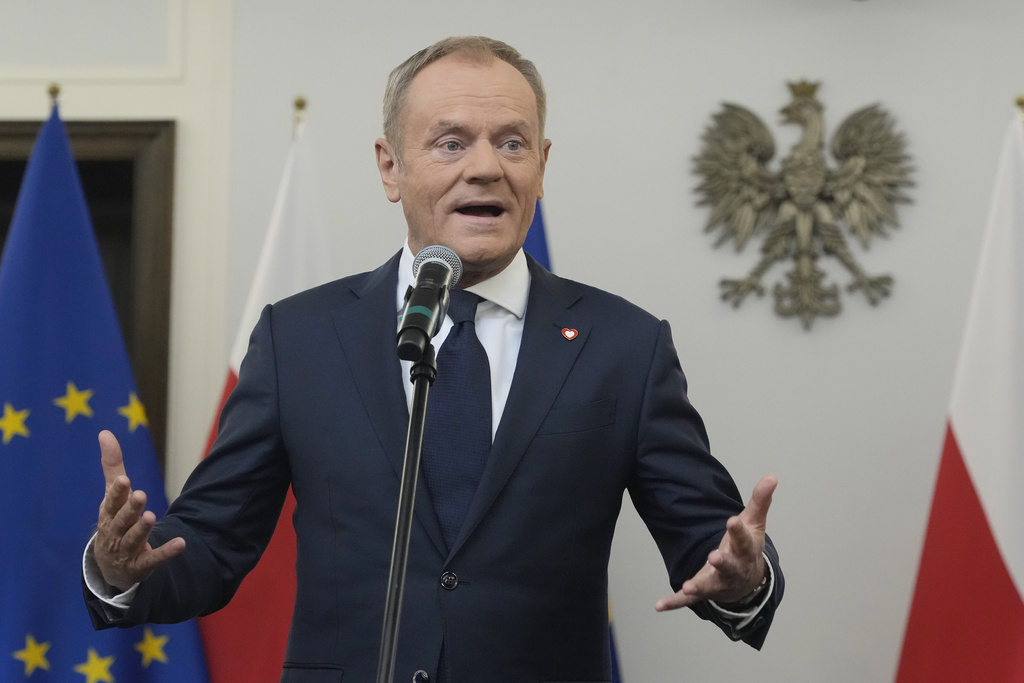The leader of the Civic Coalition (KO) and its nominee for prime minister, Donald Tusk, has told reporters that the new ruling parliamentary majority intends to establish three parliamentary committees to investigate the actions of outgoing conservative ministers.
They are to be tasked with examining the issuing of visas to foreign nationals, the use of the Pegasus software in illegal surveillance of opposition politicians, and the attempt to hold a postal ballot in the presidential elections during the pandemic.
Tusk announced that the three investigative committees “would be a mark of determination to show that the priority was to hold the outgoing government’s officials to account.” He also promised that those who had been wronged would be compensated.
The KO leader hopes that these committees will be a warning to those currently still in office not to abuse their power for the remainder of their time in power and a general future warning for all that wrongdoing will be punished.
Tusk also said that the new coalition he heads will have the necessary majority in parliament to put the head of the central bank (NBP), Adam Glapiński, before a special state tribunal for “his failure to combat inflation by an earlier increase in interest rates.”
If such a motion were successful, Glapiński would be suspended pending an investigation, and if the tribunal convicted him, he would be barred from holding office.
The likely new Polish prime minister also promised that the new majority would take action against the formation of the state commission on Russian influence, which led to mass protests in June because it was viewed as an attempt to vilify and disbar opposition politicians. He acknowledged that legislation to abolish the commission would not be approved by the president, and therefore vowed to take action to change the members of that commission.
Lastly, the liberal politician pledged to introduce a bill in favor of abortion being available until the 12th week of pregnancy and for the “morning after” pill to be made available for all, despite seemingly lacking a parliamentary majority for such a move.
President Duda has already stated he would veto the proposal, setting up a constitutional showdown between the head of state and any incoming liberal administration.






